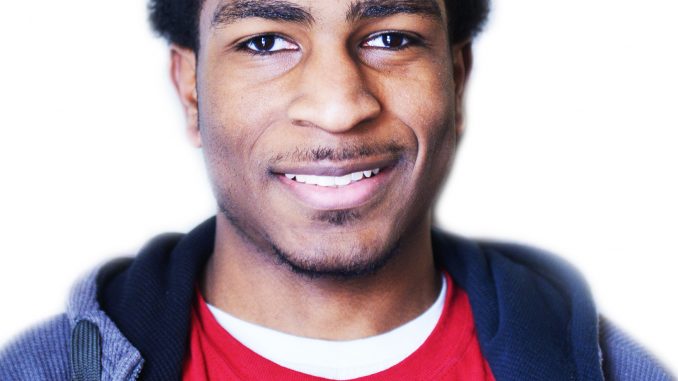
 In May 2012, while visiting Qdoba on the day of commencement, I noticed a trend. Newly christened Temple alumni and families were eating in proper dress, and in many cases, with gowns on. I then looked into Wendy’s, and it was the same situation. Ditto Subway. While nothing is – arguably – wrong with these establishments, it speaks to our area. As the summer progressed, a number of other points became apparent. Most strikingly, Temple crashes during the summer. The area loses its pulse, and many businesses either close for the season or have abbreviated hours.
In May 2012, while visiting Qdoba on the day of commencement, I noticed a trend. Newly christened Temple alumni and families were eating in proper dress, and in many cases, with gowns on. I then looked into Wendy’s, and it was the same situation. Ditto Subway. While nothing is – arguably – wrong with these establishments, it speaks to our area. As the summer progressed, a number of other points became apparent. Most strikingly, Temple crashes during the summer. The area loses its pulse, and many businesses either close for the season or have abbreviated hours.
Last summer, I elected to reside in University City, the area in West Philadelphia anchored by the University of Pennsylvania, Drexel and the University of the Sciences. I was in a lively neighborhood with people my age that actually stayed over the summer, surrounded by things to do. I had the hustle and bustle of the city, ample restaurants, amenities, nightlife and more at my disposal. I was living in a true neighborhood, and it was great.
This is a profound juxtaposition to Temple, where our surrounding neighborhood acts as a thorn in our side. Temple’s world-class education should be matched by a thriving surrounding neighborhood, one which is telling of the Temple of today. Our neighborhood should not be a hindrance to Temple’s ascent.
I spoke about the area to Alexander Kipphut, 2011 School of Media and Communication alumnus and co-owner of U Got Munchies. Kipphut said he believes the responsibility of transforming the off-campus area into a more livable, desirable space rests on businesses and the university itself.
“You can go to University City today, there are restaurants and bars that are desirable enough to bring outsiders to the area,” Kipphut said. “Temple is geographically closer to Center City, but the physical barrier, the visible barrier does keep a lot of visitors away. I will put my food against [University City’s] food any day, but [Bobby’s Burger Palace] becomes a destination because of the neighborhood.”
Kipphut and his partners opened their business while they were students. Kipphut understands Temple, and this is a competitive advantage. When Munchies is open, it is invested in supporting both Temple and the surrounding area, setting a standard for off-campus entrepreneurship. Munchies employs native residents and supports many campus organizations, Kipphut said.
When asked about his businesses relationship with the university, Kipphut revealed that U Got Munchies has only heard from Temple once, in regards to Temple’s dissatisfaction of the use of the phrase “Serving the Temple community” in some materials. If we are to advance this neighborhood, Temple needs to recognize how it organically shapes the area around campus.
To improve the area, students, alumni and Temple families must realize and act on the potential of the area to sustain private business. Next, students should consider staying here for the summer. By supporting off-campus businesses and adding life to the area, we will demonstrate that this is an area worth investing in. Finally, Temple should embrace the neighborhood’s “real estate-ready” name of “Templetown.” This would not denote dominance, but rather an acceptance of, our influence and responsibility.
By accepting these two components, everyone will benefit. For years, long-time residents have remained dissatisfied with Temple’s off-campus expansion, feeling the expansion did not consider their interests. This sentiment of dissatisfaction has been mirrored in City Council proposals, including motions which looked to limit student housing. City Council President Darrell Clarke, whose 5th District includes most of the area west of campus where students reside, as well as parts of Main Campus, has been slow to form a strong relationship with the university, instead prioritizing long-term voters in his district. By turning this neighborhood into one with amenities that provide recreation, valued services and employment opportunities, Templetown can become a magnet for more than just parties.
The answer is not to become University City, for it is not perfect, but instead for Temple to hold its own. We deserve a livable neighborhood, as do the permanent residents of the area. We deserve a dynamic area enjoyed by longtime residents, students, faculty, staff and visitors alike. Let’s transform Broad Street from an escape route into a platform to display our vibrant community to the world.
Ivery Boston can be reached at ivery.boston@temple.edu.


Bravo, I really hope this article resonates with the Temple Community.